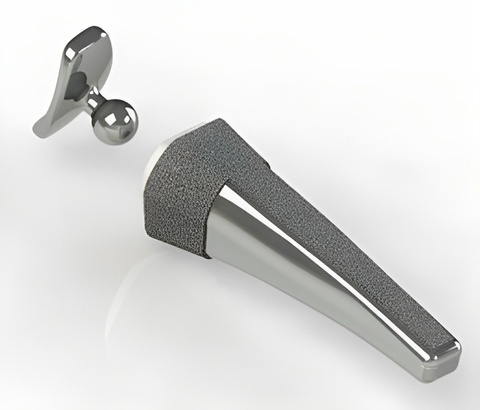GALWAY, Ireland– Loci Orthopaedics announced today that it has successfully completed enrolment of a 15-patient clinical feasibility study for its patented InDx Implant System. The Thumb Hemi-Arthroplasty with Natural Kinematics (THANKS) study is looking at the surgical implantation of the device as well as improvements in pain, grip, and quality of life for those affected by thumb base joint arthritis.
Dr. Brendan Boland, Executive Chairperson of Loci Orthopaedics, said, “Thumb base joint arthritis is a very prevalent and disabling condition that needs a better surgical solution. It is a significant milestone for the company to achieve completed enrolment of this clinical study. The company is very grateful to the study participants who are supporting the development of a much-needed new treatment option. We look forward to completing follow-up and reporting on the results next year.”
The company announced completion of the clinical trial enrolment just prior to the start of the annual meeting of the American Society for Surgery of the Hand (ASSH) in Toronto.
Primary Clinical Trial Investigator Prof. Filip Stockmans, Specialist Orthopaedic Hand Surgeon, KU Leuven, Belgium, commented, “There is a cohort of younger active patients that currently are not optimally served by the treatment options available to them, particularly in the US. The InDx Implant System may provide an additional treatment alternative for a large cohort, with the potential to treat these patients in a less invasive fashion than what is currently available. The InDx Implant System is the first implant to mimic the complex biomechanics of the thumb base joint, with the goal of restoring native biomechanics.”
Barry Russell, Chief Executive Officer of Loci Orthopaedics, added, “There is a significant unmet clinical need to provide an evidence-based surgical solution for this condition. This study will help demonstrate the feasibility of this implant use as well as the positive clinical outcomes that an evidence-based solution can bring. The novelty of this solution is reflected in its De Novo status with the US FDA as it is not like any prior implant developed to date. We look forward to continuing our work with the FDA to gain market approval for this important advancement in CMC surgery.”


